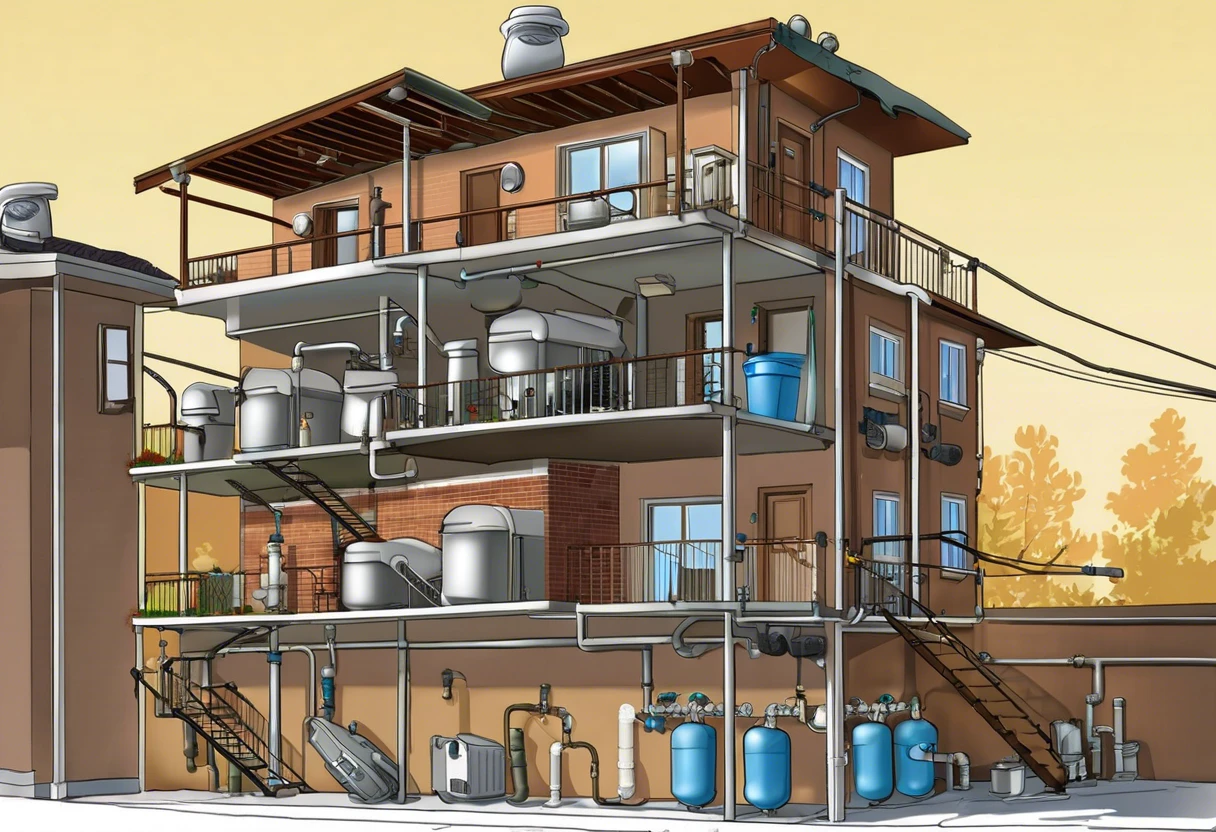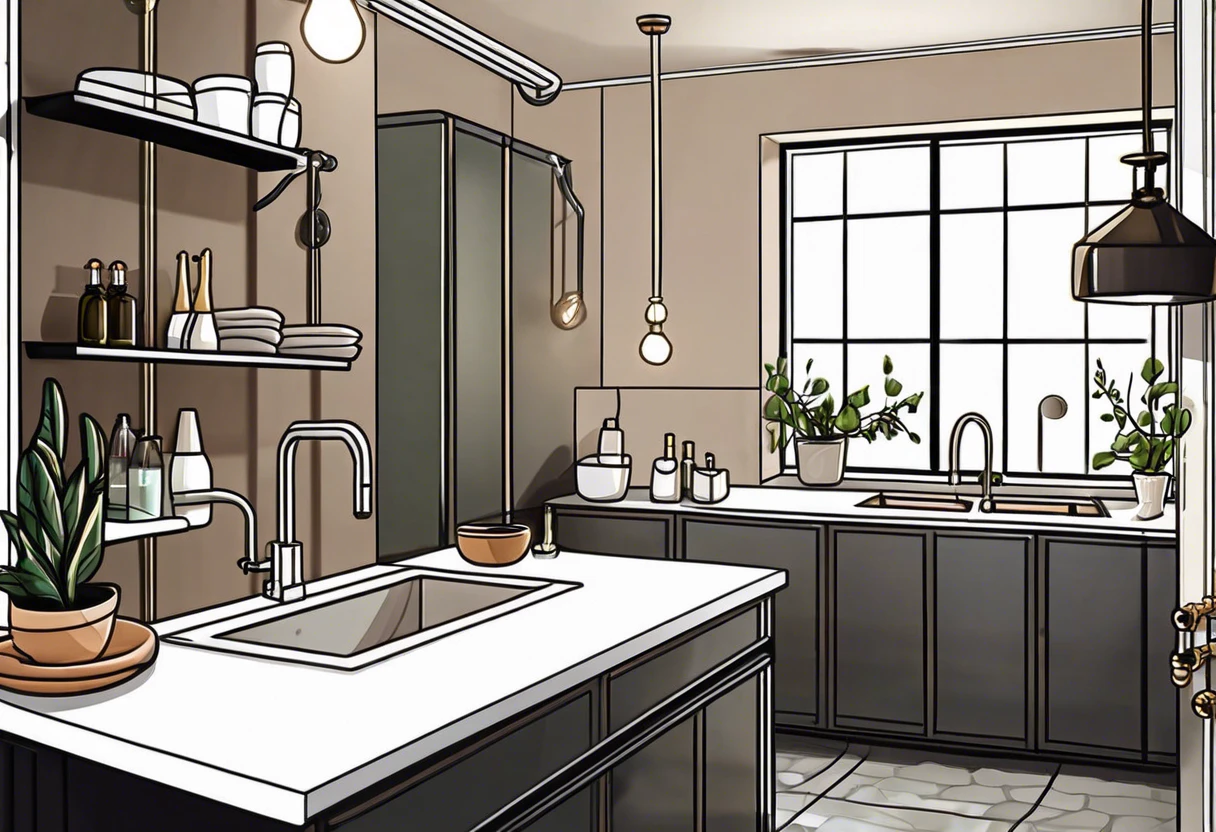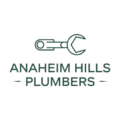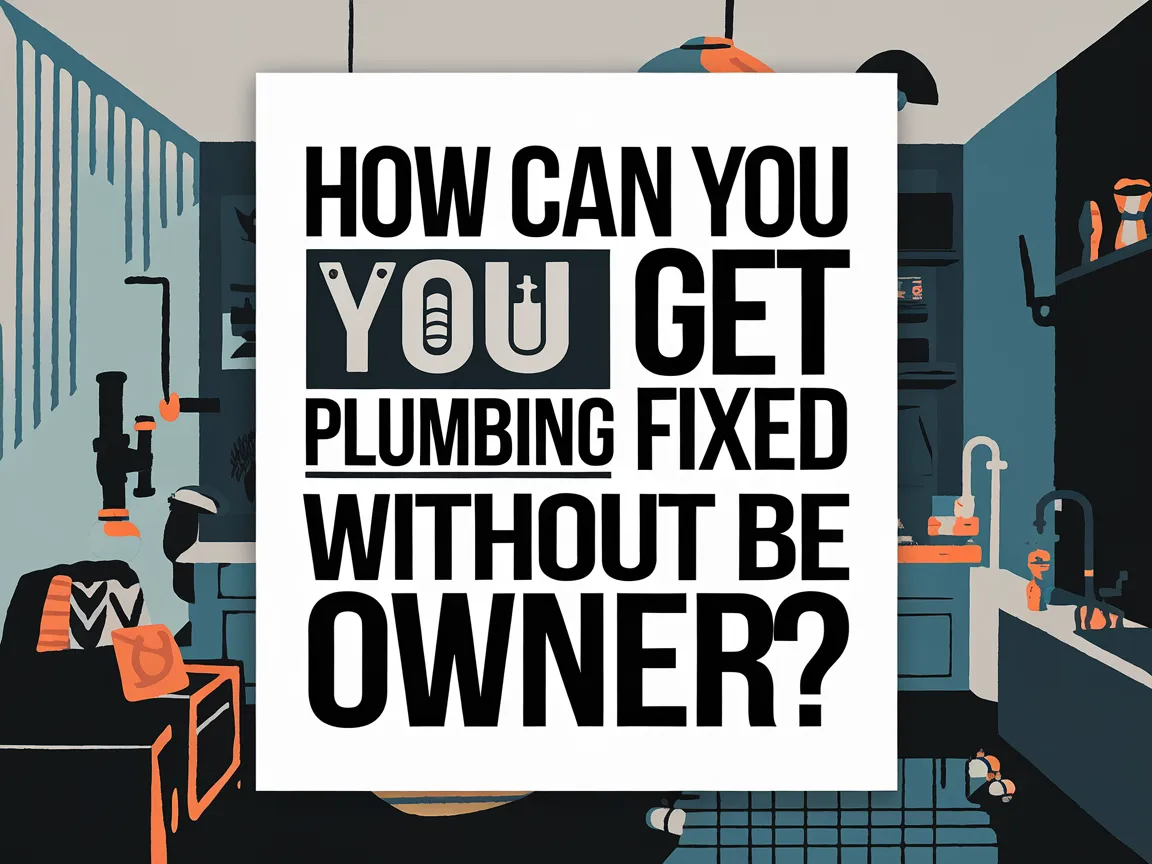Understanding How Plumbing Works in Apartment Buildings: A Comprehensive Guide for Homeowners
Published on: March 21, 2025 | Last Updated: March 21, 2025
Written By: anaheimplumbers
Hey there! If you’re diving into the world of apartment plumbing, you might be wondering just how these complex systems operate. Perhaps you’re facing a leaky faucet or are simply curious about the intricate pipeline networks in your building. Either way, you’ve come to the right place!
I understand that plumbing can seem daunting, but after servicing numerous apartment buildings in Anaheim Hills, I’m here to break it down for you. You’re not alone in your quest for plumbing knowledge and FAQs—we’ve all got questions, and I have answers grounded in real-life experiences.
So, what’s on the agenda? Together, we’ll explore the **main components** of an apartment plumbing system, how it operates, and when it’s smart to call in the professionals. I’ll cover everything from the layout of pipes to common issues and the various costs for services that may arise. Stick around, and let’s make this journey easy and clear!
Page Contents
- 1 How Does Plumbing Work in an Apartment Building?
- 2 Key Takeaways From Understanding Apartment Plumbing
- 3 Understanding the Plumbing System in Apartment Buildings
- 4 Understanding the Role of Water Pressure in Apartment Plumbing
- 5 Exploring the Importance of Drainage Systems in Apartment Buildings
- 6 How Cost for Apartment Plumbing Services Can Vary
- 7 When to Consult Experts for Apartment Plumbing Issues
- 8 Frequently Asked Questions About Apartment Plumbing
- 9 Final Thoughts on Apartment Plumbing Systems
- 10 Additional Resources for You:
How Does Plumbing Work in an Apartment Building?
Plumbing in an apartment building is designed to balance water flow among all units. It utilizes a central system of pipes for both supply and drainage. Key considerations include adequate pressure and drainage capacity. Regular maintenance is crucial to prevent plumbing issues from escalating.
Key Takeaways From Understanding Apartment Plumbing
Here’s what you’ll learn about how plumbing works in an apartment building:
- Insight into the plumbing system design and shared resources among residential units.
- Awareness of common plumbing issues unique to apartment living.
- Understanding of costs associated with apartment plumbing services in your area.
- Guidance on when to consult professional plumbers for serious plumbing issues.
Understanding the Plumbing System in Apartment Buildings
Overview Of the Plumbing Infrastructure
Let’s delve into how plumbing works in an apartment building. The process begins with the main plumbing system located underground, but once you move above ground, the configuration changes significantly. Each apartment connects to a centralized plumbing system that effectively manages everything from fresh water delivery to waste disposal. In my experience answering many calls in Anaheim Hills, I’ve found that tenants often believe their unit’s plumbing issues are isolated. However, these problems frequently stem from larger structural plumbing concerns. Additionally, there are instances where specific upgrades are essential for gas lines, which play a crucial role in powering appliances and heating systems. If you’re curious about the intricacies of how a plumber installs gas lines, you can find detailed information here.
Types Of Pipes Used in Apartment Plumbing
In apartment buildings, you’ll typically find a mix of **PVC** (Polyvinyl Chloride) pipes, **copper**, and sometimes **PEX** (Cross-linked Polyethylene). Each of these materials comes with its own advantages; for instance, PVC is not only affordable but also ideal for drain lines. I once worked on a multi-story building on Eucalyptus Avenue, and it was fascinating to observe how all these materials seamlessly worked together to create an efficient plumbing system. To maintain such systems effectively, knowing how to loosen plumbing fittings is crucial for timely repairs and maintenance, as this skill can help you address minor issues before they escalate into significant problems. If you’re interested in learning techniques for loosening fittings to facilitate your plumbing tasks, you can find helpful information on loosening plumbing fittings.
How Drainage and Waste Systems Operate
Now, here’s the interesting part! The waste pipes in a high-rise don’t merely drop waste straight down. They operate on **gravity**, effectively transporting waste from each apartment down through the system. I recall assisting with a plumbing upgrade in a complex on Maplewood Ave, where we highlighted the importance of proper slope. Even a slight angle can significantly impact drainage efficiency!
The plumbing system in an apartment building is like a tightly coordinated team. When one unit’s toilet backs up, it often impacts neighboring units, especially if the main stack is clogged. I’ve encountered situations where one resident’s complaint turned out to be a congestion problem that affected many floors! This interconnectivity really emphasizes the need for awareness among tenants.
Considerations such as building age, local soil conditions, and pipe sizes can make a huge difference. For instance, I’ve seen older constructions where builders cut corners—pipes too thin to handle sufficient water pressure. In a complex on North Harmony, we battled with corrosion due to inadequate pipe thickness, leading to near-zero water pressure on the top floors.
My journey through California apartments has highlighted the critical role that accurate plumbing diagrams play; they significantly simplify the troubleshooting process. If you’ve ever searched for insights on “how plumbing works in an apartment building” on Reddit, you’ll come across numerous stories that echo my experiences, underscoring the need for effective plumbing management. Additionally, selecting the right materials is essential for ensuring optimal performance in pool plumbing tasks. Therefore, it’s important to carefully consider the types of PVC that are best suited for these jobs. To learn more about the specific materials required for pool plumbing, check out this resource on what type of PVC for pool plumbing.
Having reviewed the plumbing systems in apartment buildings, let’s now turn our attention to the role of **water pressure** in apartment plumbing.

Understanding the Role of Water Pressure in Apartment Plumbing
Water pressure is a vital component of how plumbing works in an apartment building. It directly influences how water flows to each unit and can cause various issues if not properly maintained.
What is Water Pressure?
Water pressure is essentially the force that propels water through pipes. Think of it like the push you exert on a water gun; too little pressure results in a weak stream, whereas too much can lead to leaks!
How Water Pressure Affects Different Floors
Residents on higher floors frequently experience lower water pressure, which can lead to unsatisfactory showers or slow-filling toilets. I worked with residents in a building downtown who were almost in tears due to poor shower pressure. After making some adjustments, we managed to boost the flow and put smiles back on their faces!
Common Water Pressure Issues Found in Apartments
- Low Pressure: This can lead to weak showers and kitchen water flow. It’s advisable to check pressure regulators.
- High Pressure: Excessive pressure can cause pipe damage or burst lines. I’ve addressed this issue many times!
- Fluctuating Pressure: This may indicate larger problems within the plumbing system, such as blockages or leaks. Exercise caution!
Maintaining Optimal Water Pressure
Regular plumbing maintenance is crucial in apartments, particularly in older Anaheim Hills buildings. Water pressure regulators play a vital role in keeping everything stable, ensuring that residents enjoy consistent water flow. If pressure issues arise, consulting a professional can help you avoid more significant inconveniences down the line. For those considering starting a business, it can be especially advantageous to offer both plumbing and electrical services in Anaheim Hills. To explore the opportunities and regulations associated with this, you can learn more about Anaheim Hills plumbing blog.
Having discussed water pressure, let’s shift our focus to **drainage systems**, which are equally important.
Exploring the Importance of Drainage Systems in Apartment Buildings
The drainage system is as essential as the supply lines in any apartment. It is responsible for efficiently removing waste and preventing plumbing catastrophes.
How Drainage Systems Operate
In apartment buildings, effective drainage primarily relies on gravity to facilitate the movement of waste through sewer lines. Recently, while servicing a particular block, I discovered that a bent pipe was the culprit behind a significant backup. This situation underscores the importance of the pipes’ slope! Over the years, plumbing systems have advanced considerably, and understanding the plumbing techniques employed in earlier decades can provide valuable insight into how such issues develop. For a closer look at these practices, you can explore the type of plumbing used in 1960.
Shared Drainage Issues
When one unit experiences drainage problems, it affects others too. Recently, an issue in a lower floor caused backups up to the fifth floor! It’s fascinating (and sometimes frustrating) how interconnected these systems can be.
Tips to Prevent Drainage Problems
- Regular Cleaning: Ensure that drains are cleared of hair and debris on a consistent basis.
- Watch What Goes Down: Avoid flushing items that are not biodegradable—those “flushable” wipes are often anything but flushable!
- Professional Inspections: Schedule a plumber to inspect the drainage system every few years to catch issues before they escalate.
Understanding Backup Prevention
Having a properly functioning backflow prevention system is vital, especially during fire season when water demands can increase significantly. Recently, I collaborated with a property manager on improving this system, and the results notably enhanced our plumbing reliability. In addition to ensuring backflow prevention, it’s crucial to address any clogs in your home with safe and effective methods. While liquid plumber can be useful in specific situations, it’s important to know it should not be used in toilets. To understand the implications and find out why, you can check if liquid plumber is suitable for your needs.
Thus far, we’ve examined the role of drainage systems in apartment buildings. Now let’s turn our attention to the variability in costs for apartment plumbing services.
How Cost for Apartment Plumbing Services Can Vary
In Anaheim Hills, the costs for plumbing services generally range from **$75 to $450**, largely influenced by the complexity of the job at hand. It’s important to be prepared for unexpected expenses that may arise from underlying issues such as aging pipes or hidden leaks—believe me, I’ve witnessed enough situations to warrant this caution! When it comes to installing essential appliances like water heaters, engaging a qualified professional is crucial. Many homeowners often wonder if a plumber is equipped to handle this task efficiently. To see how a plumber installs a water heater in Anaheim Hills, you can explore this informative guide.
When it comes to plumbing, most jobs are completed within a few hours to a day, whether it’s as straightforward as fixing a leak or as involved as a full remodel. Based on my experience with clients, budgets for typical repairs generally fall between **$300 and $900**. While tackling plumbing projects on your own can help you save money, it’s wise to consult a professional if you’re feeling uncertain. For those interested in a DIY approach, understanding how to plumb a catch can is crucial and can lead to more effective plumbing outcomes. To gain confidence in executing this task, you can explore the process in detail here.
Cost Breakdown for Plumbing Services
| Service Type | Estimated Cost | Time Needed |
|---|---|---|
| Minor repairs (Leaks) | $75 – $150 | 1-2 hours |
| Piping replacement | $200 – $450 | 1 day |
| Full drain cleaning | $100 – $250 | 2-4 hours |
Having explored plumbing service costs, let’s discuss when it’s appropriate to seek expert help.

When to Consult Experts for Apartment Plumbing Issues
Knowing when to call a professional for plumbing problems in your apartment is crucial. Signs such as leaks, unusual noises, or fluctuations in water pressure indicate that it may be time to seek assistance. If you reside in an HOA community, you might be uncertain about whether your association covers plumbing issues. It’s beneficial to familiarize yourself with your HOA’s policies to understand their plumbing responsibilities and the scope of their coverage. For more information about whether your HOA covers plumbing in Anaheim Hills, you can explore HOA plumbing coverage details.
When selecting a plumbing expert, several key factors should guide your decision. First and foremost, prioritize experienced professionals who possess in-depth knowledge of local plumbing systems, particularly the unique challenges that arise in Anaheim Hills apartments. I’ve often observed that residents who attempt DIY fixes frequently unwittingly complicate the problem, which ultimately increases the workload for professionals. To ensure a smooth plumbing project, it’s essential to understand the bidding process and pricing strategies. For a deeper dive into this topic, you can explore helpful tips on bidding a plumbing job, which will equip you with the confidence to navigate this critical aspect effectively.
Benefits Of Hiring a Local Anaheim Hills Plumbing Expert
Having a local plumbing expert on your team can be a game-changer! They’re well-acquainted with the specific plumbing systems in Anaheim Hills, giving them an edge in troubleshooting various issues. For example, while working on a multi-story apartment project, my trusted Anaheim Hills plumbers were vital in keeping everything on track and running smoothly. If you’re interested, you can check out their services here!
Additionally, it’s vital to recognize the importance of adhering to local plumbing codes and regulations, especially when it comes to understanding the intricacies of plumbing in apartment buildings in Anaheim Hills, CA. This foundational knowledge not only helps in effectively launching your plumbing business but also minimizes operational challenges and prepares you for the financial aspects involved. For a comprehensive guide on starting a plumbing business, you can access valuable insights that will facilitate your journey toward success.
Frequently Asked Questions About Apartment Plumbing
I receive many inquiries about apartment plumbing, so let’s go through the most common questions!
Are Apartments Responsible for Plumbing Issues?
Generally, apartments are responsible for plumbing issues that occur within the unit. Thus, if there’s a plumbing issue, it’s usually the responsibility of apartment management to address it.
Do Plumbers Service Apartments?
Yes, plumbers do service apartments. They handle tenant requests for plumbing repairs and maintenance in apartment buildings regularly.
Do Apartments Have Plumbing Vents?
Indeed, apartments include plumbing vents, which are essential for facilitating proper drainage and preventing sewer gases from infiltrating living spaces.
What Should You Do if Your Apartment’s Plumbing Backs Up?
If your apartment’s plumbing backs up, the immediate step is to contact your apartment management or a plumber right away to rectify the backup and avert further troubles.
How Often Should Plumbing Be Inspected in Apartments?
Plumbing should ideally be inspected every few years in apartments. Regular inspections can help identify issues early, saving residents from larger plumbing problems.
What Common Plumbing Problems Occur in Apartment Buildings?
Common plumbing problems in apartment buildings typically include leaking faucets, running toilets, and clogged drains. These issues often stem from general wear and tear over time, necessitating timely attention. Understanding the various phases involved in plumbing projects is crucial for effective management and resolution of these problems. To gain deeper insights into the phases of plumbing projects, you can explore more information here.
Final Thoughts on Apartment Plumbing Systems
In conclusion, we’ve covered the essentials of how plumbing works in apartment buildings including the understanding of plumbing systems, related topics, cost variations for services, when to consult experts, and FAQs.
Essentially, plumbing in an apartment building revolves around efficient management of shared resources to ensure the smooth flow of water and waste. For more details or if you need assistance, don’t hesitate to check out our services at Anaheim Hills Plumbers for quick quote estimates and to connect with professional plumbers.
Additional Resources for You:
- City of Anaheim Building and Plumbing Permits
- r/NoStupidQuestions on Reddit: Plumbing…are apartment toilets connected?
- How Plumbing Works in an Apartment Building – Eyman Plumbing Heating & Air
- How does plumbing work in high rise building? – Quora
- How Does Plumbing Work in an Apartment Building! Guide

